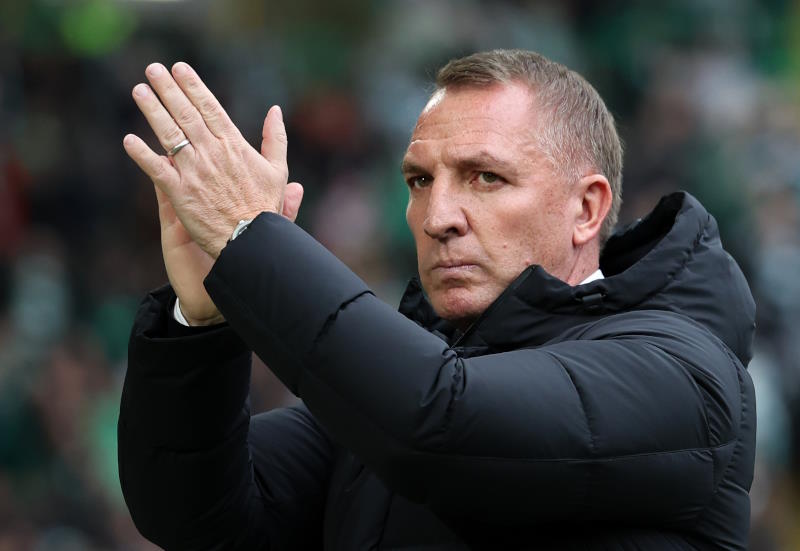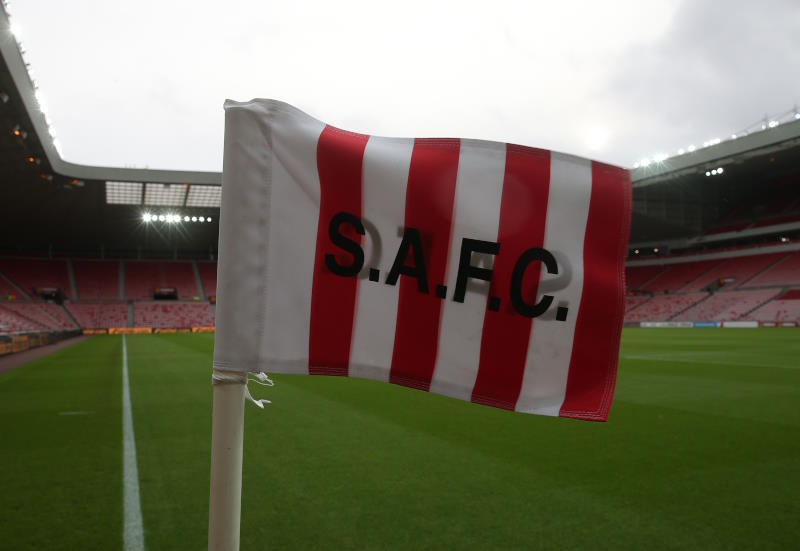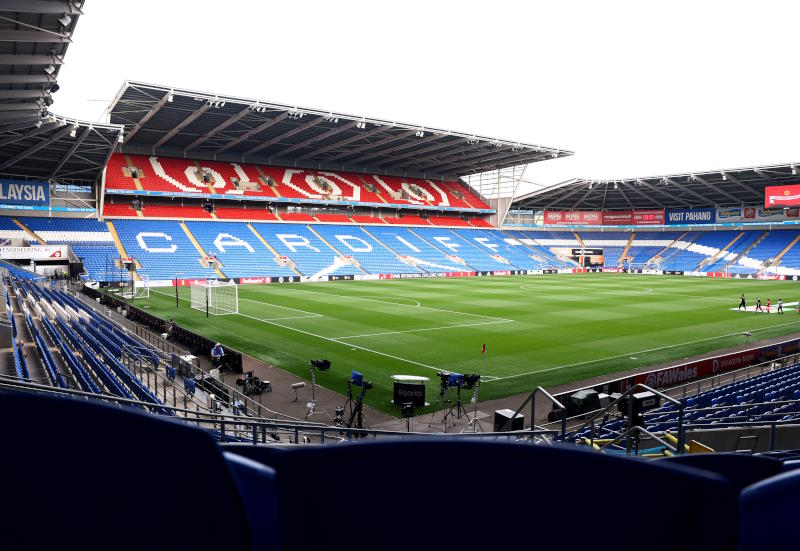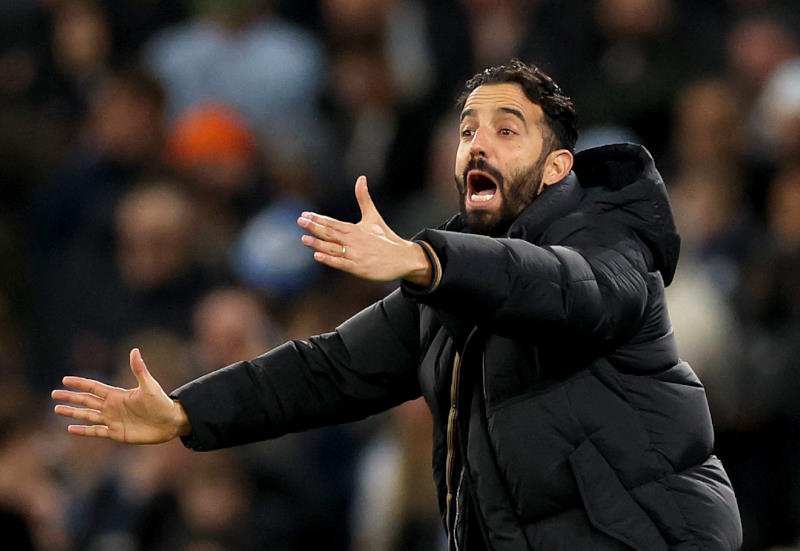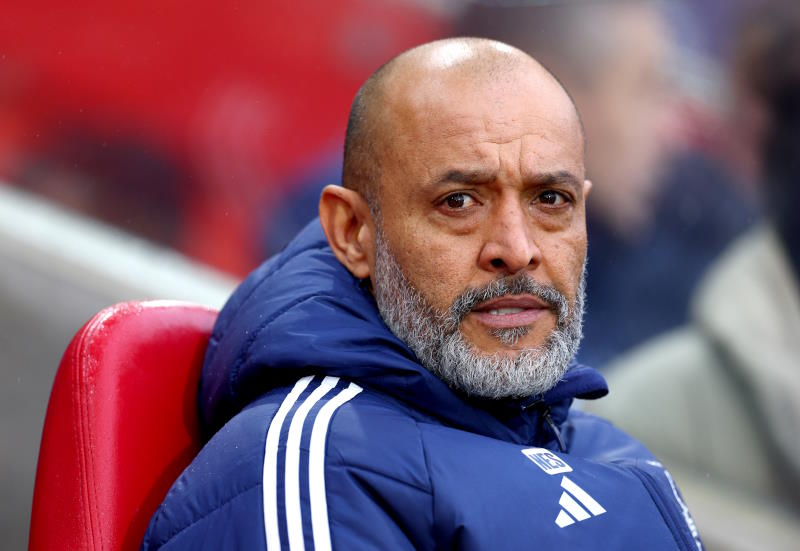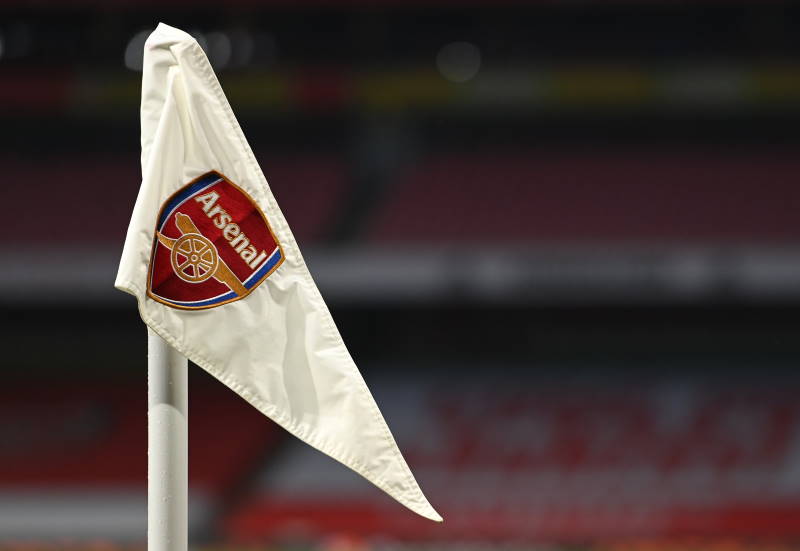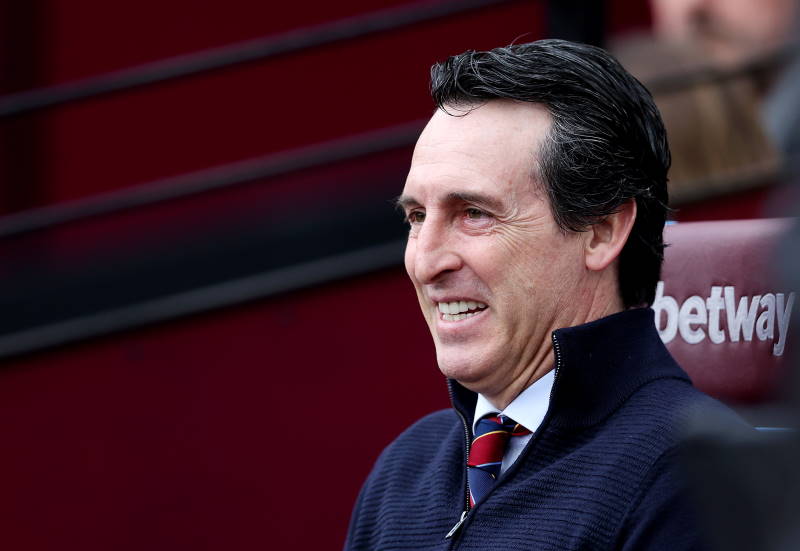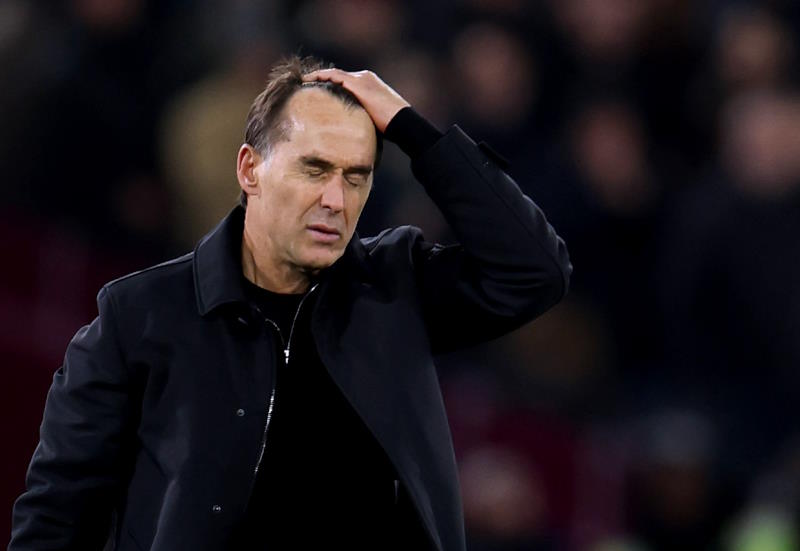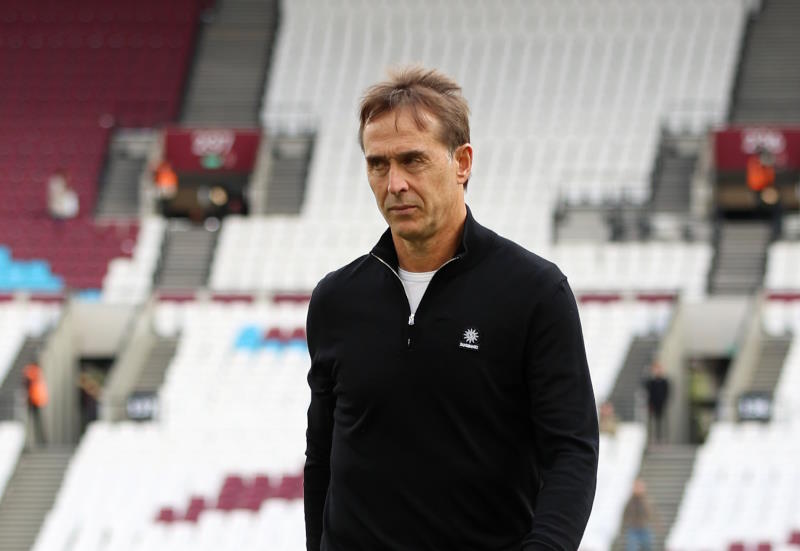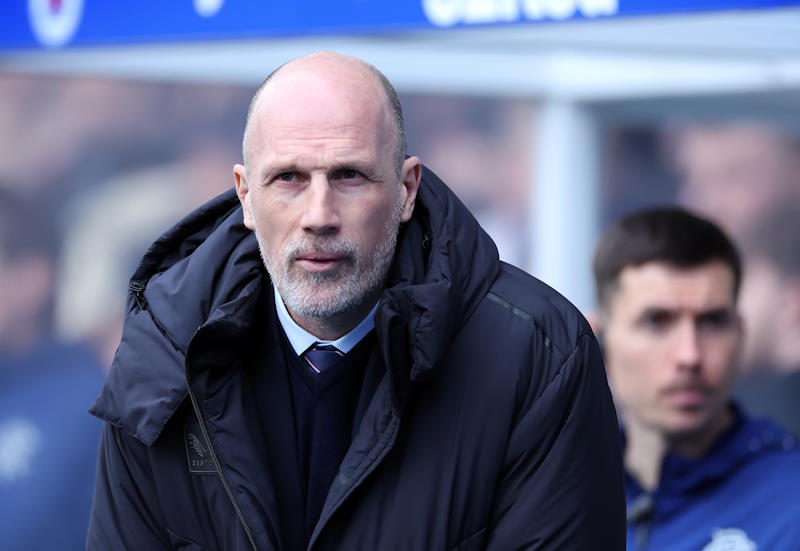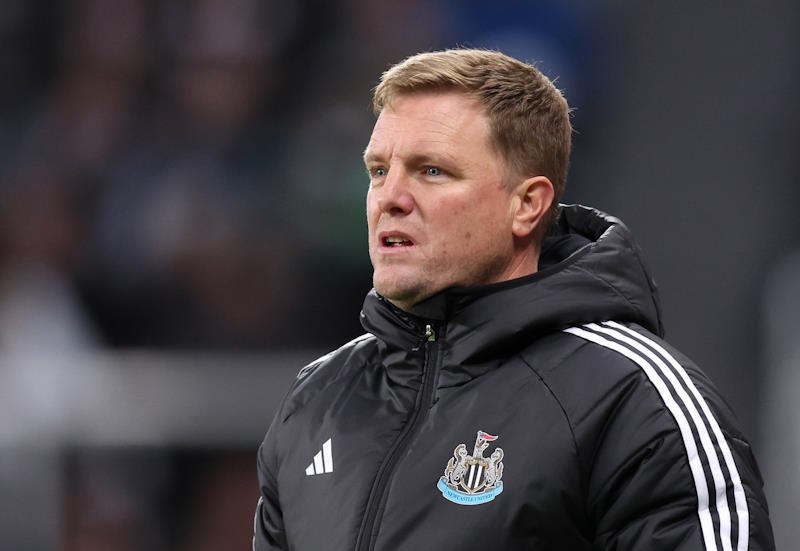
For the Bianconeri of Turin a sense of deja-vu hangs in the air. This season has been a disastrous one for Juventus and its path echoes last year’s equally poor campaign.
After the Calciopoli scandal of 2006 everything changed at Juventus. The Old Lady had been the leading Italian club side for more than 80 years, but now they face one of the worst crises in their long, trophy-laden history.
Having returned to Serie A in 2007, following the imposed relegation of 2005/06, Juventus finished second and then third; much like a snow globe that had been violently shaken, Juventus’ early progress threatened to see the flakes fall back to earth in the same order as before. But in the summer of 2009, the Bianconeri replaced then-coach Claudio Ranieri with the young and inexperienced Ciro Ferrara, in an attempted one last heave to reach the summit and displace Jose Mourinho’s Inter. And while Ferrara’s team got off to a good start, they quickly faded and the former defender was shipped out for the steadying influence of Alberto Zaccheroni.
However, the coach from Emilia Romagna – like Arrigo Sacchi – aggravated the situation and Juventus ended the season sat seventh in Serie A, only having a spot in this season’s Europa League to show for their efforts – and that only thanks to two rounds of summer qualification games. Zaccheroni paid the price for not imposing himself on a dressing room which was riven by division; Brazilian wizard Diego, who had arrived from Werder Bremen was never accepted by his team-mates, while other stars such as Fabio Cannavaro – who left Juventus for Real Madrid the summer the Bianconeri were relegated and was subsequently never forgiven – and former Fiorentina midfielder Felipe Melo were fiercely criticised by the club’s fans after a series of poor performances.
This season, until now at least, has had worrying parallels with that doomed 2009/10 campaign. Diego left for Wolfsburg and new recruits, expected to form the backbone of Juventus’ revival arrived. Forward Fabio Quagliarella, Italian international winger Simone Pepe, promising young centre back Leonardo Bonucci and Serbian schemer Milos Krasic all headed through the Bianconeri door to ensure a Scudetto push – and these were added to further with strikers Luca Toni and Alessandro Matri arriving in the winter transfer window.
A new manager too and a new sporting director in Luigi Delneri and Beppe Marotta respectively were both recruited from Sampdoria – Delneri is a strong advocate of the 4-4-2 system and the summer’s acquisitions were designing to provide him with the tools for that formation.
As the previous year, Juventus’ first months under Delneri were promising and the Bianconeri delighted their fans with some slick play, picking up some impressive wins along the way, none more so than victory at the San Siro against AC Milan at the end of October, with Quagliarella and Alessandro Del Piero providing the goals.
The side assembled by Marotta and Juventus’ new president Andrea Agnelli (only 35 years old, but one of the family who own and run the club) increasingly looked ill-equipped to challenge Milan and Inter however, but their team spirit and morale boosting early wins boded well for a possible Scudetto battle. With performances deteriorating, the dawn of 2011 led to the team beginning to collapse after an embarrassing failure to navigate their Europa League group, with the Old Lady not able to record a single win, at home or away, against Manchester City, Salzburg and Lech Poznan.
Soon it was impossible to paper over the lack of quality and especially concentration during games. Morale dropped and when the Bianconeri started the second half of the Serie A season on 6th January they were thumped 4-1 at home by lowly Parma. From sitting in fourth place, Juventus slipped down to mid-table and, in February, after a victory at home to Inter stopped the rot, the side went on a run of defeats, losing away to Lecce 2-0 (perhaps the Bianconeri’s worst display of the season) and at home to Bologna by the same scoreline – the Rossoblu’s last win in Turin had come in 1980.
When Juventus met Milan at the Stadio Olimpico in Turin ten days ago, there was the chance for Delneri to produce a turning point in the side’s season, but again the Old Lady collapsed, unable to even test the Rossoneri’s keeper Christian Abbiati with a single shot for the whole 90 minutes.
Juventus’ board, with Andrea Agnelli at its head, is now sure to change coach again, and there is even a split over whether to keep Delneri on until the end of the current season. A 2-2 draw at relegation battlers Cesena last weekend also hardly helped the 60-year-old’s cause. Rumours swirl in Turin over the possibility of Gianluca Vialli or Claudio Gentile, both ex-Juventus stars, replacing Delneri in the dugout until the season’s end, keeping the bench warm for current Zenit St. Petersburg coach Luciano Spalletti, one of Beppe Marotta’s favourites.
Currently seventh with just nine games to play and 20 points behind leaders Milan, there is just as much chance Juventus could sink even lower, rather than climb higher, before the 2010/11 Serie A season closes its doors.

